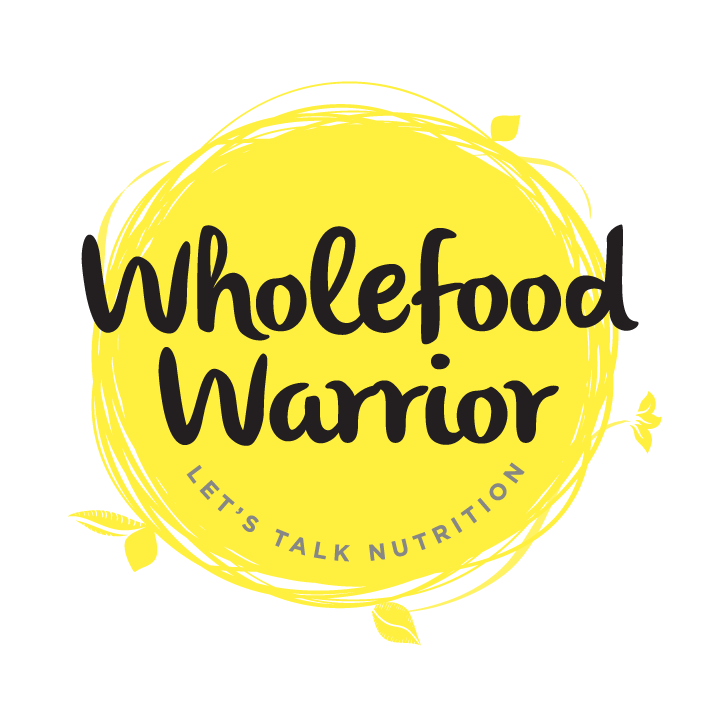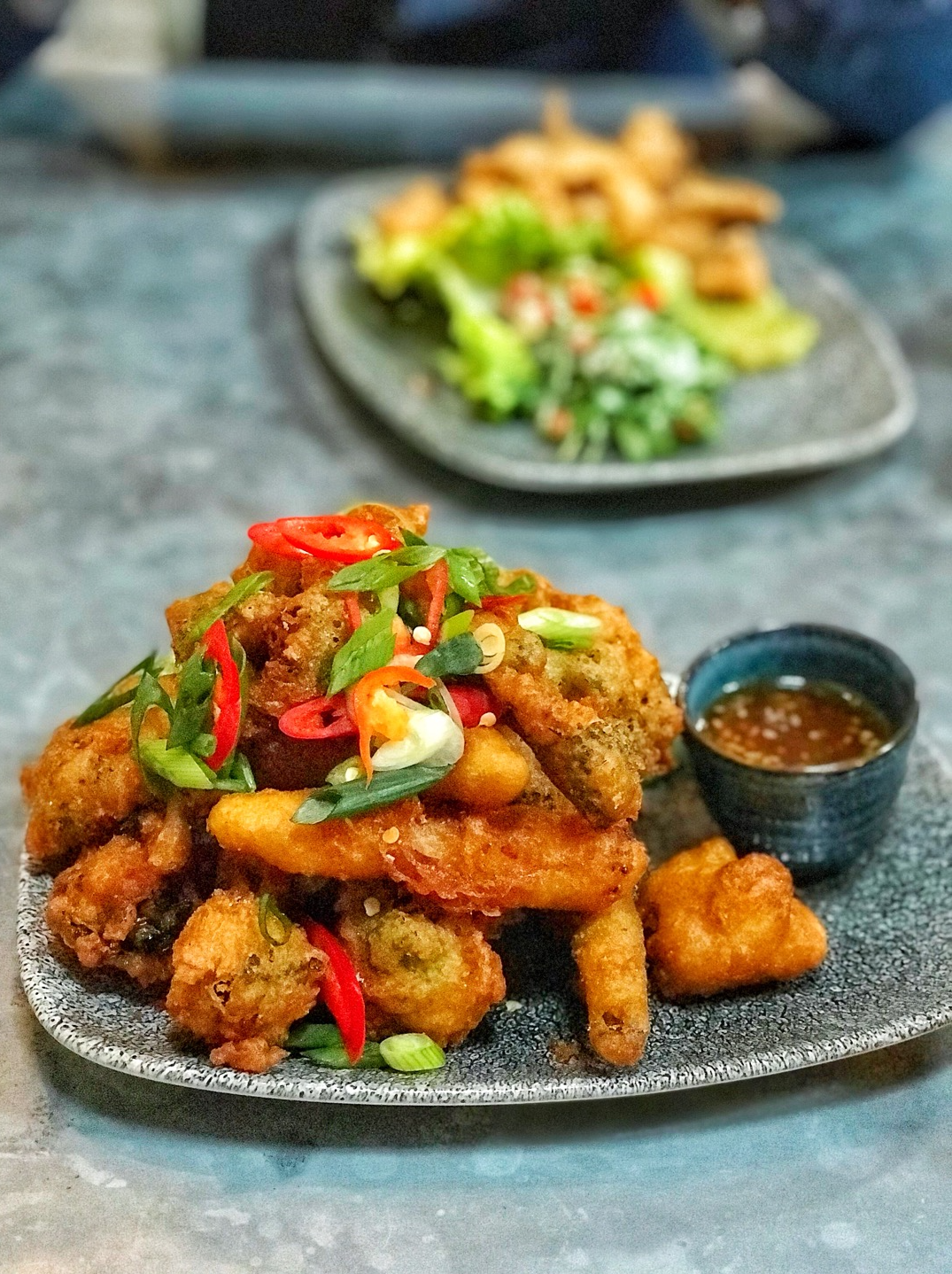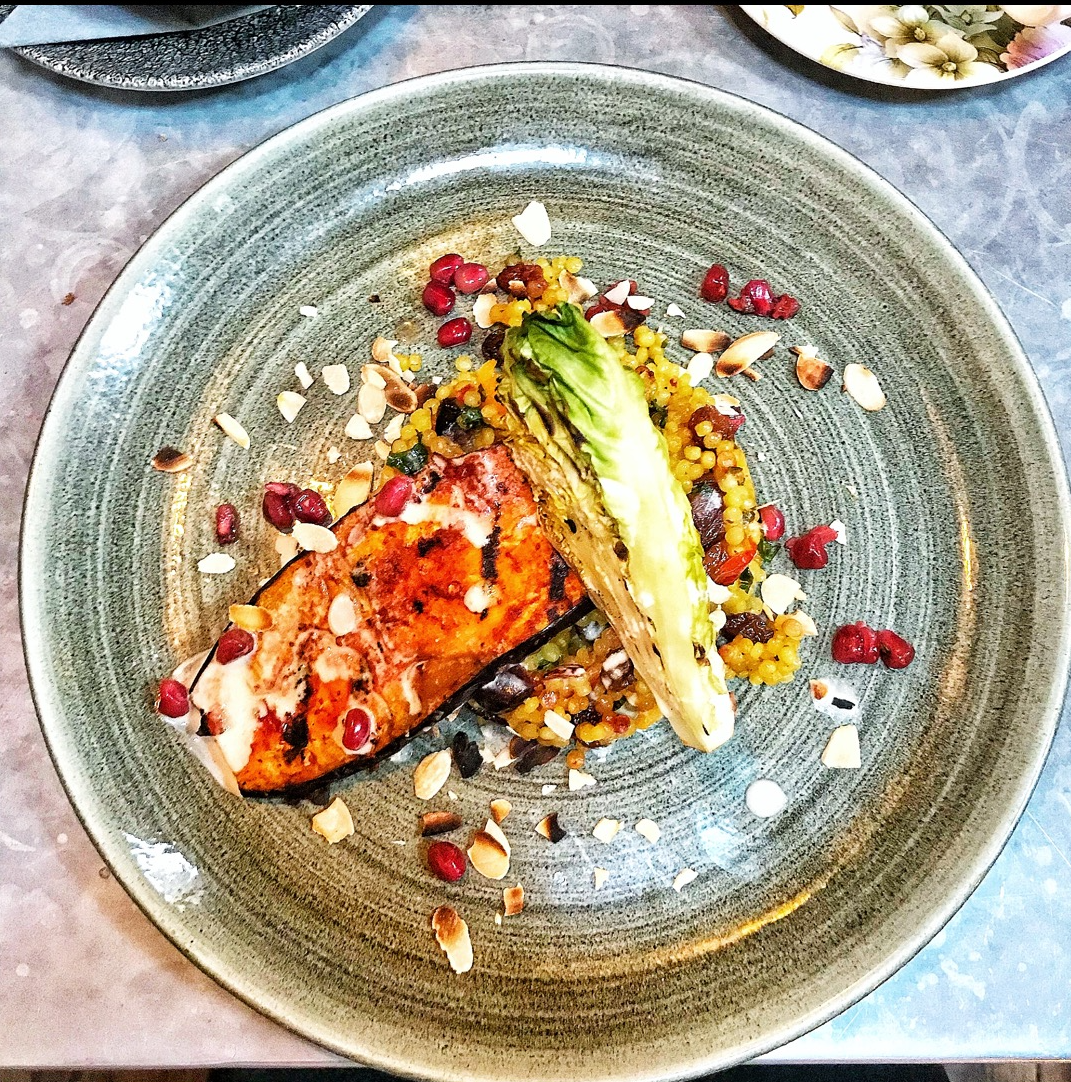With increasing marine pollution, intensive farming and the ever declining bee populations there has never been a better time to become a little bit more environmentally conscious.
The world's population is booming, in fact in the past 100 years, we have multiplied at an unprecedented speed and with that natural resources are under increasing pressure.
Our food supply is probably the biggest area of concern owing to the fact that, well, we all want to be able to feed ourselves for basic survival.
No bees = no plants; too much pollution = ill health, you get the gist.
Luckily, there are plenty of ways to remain sustainable and still eat well. Here are a few tips:
Fully plant-based is not the answer
Advanced apologies to my plant-based friends but your eating practices are not as sustainable in the long term as you may think. Even if I steer away from the fact that you have to work pretty hard to obtain a balanced diet and require a number of supplements to stay healthy, there are the little questions of land mass and food miles.
A 2016 US study highlighted veganism as more environmentally friendly than a primarily omnivorous one (bonus points there) but overall vegetarianism or a predominantly plant-based diet with some animal protein were far more sustainable.
Second to this is the small fact that thanks to the British seasons, we can't really grow that many plants year around. So unless you are preserving food grown during the summer (let's be realistic, who has the time?), chances are the majority of vegetables you are consuming in winter have been flown in from far-flung countries. In a nutshell, if your food had a frequent flyer card, it'd likely to rack up more air miles in a year than you would in a lifetime.
The bottom line is more plant-based yes, fully vegan, not so much.
Go locally organic
Irrespective of your dietary preferences, chances are the air miles thing is still an issue but even buying local isn't a guarantee for greater sustainability.
If the local farmer, who's produce you are purchasing, is heavy on the use of chemicals (fertilisers & pesticides), it could potentially have a greater environmental impact than shipping the product from a different country.
The best option is to buy organic or if that is cost prohibitive then speak to the farmer. Many of the smaller farms cannot afford the organic certification but they may also not be able to afford the chemicals, spraying crops only if they really have to.
Locally organic produce will have the odd insect on it and it'll rarely be the standardised pretty produce that the supermarkets got us used to, so whilst we are on the topic, we need to learn to embrace these natural quirks, ugly veg and all.
Even better, if you have a garden or windowsill, why not try growing some of your own?
Sustainable protein
Industrial animal farming has the single largest impact on our environment and that's before we come onto the ethical issues surrounding it. Poultry and pigs are amongst the most intensively farmed with US-style "mega farms" becoming increasingly popular on our shores.
So how can we eat protein sustainably?
1. Pay more for organic or high-quality free-range - yes, it's more expensive and yes that means you won't be able to eat meat every day, but actually, we shouldn't be. Organic farming practices are far more environmentally conscious and ethical plus the latest research points to the fact that eating better quality meat and far less often than we are currently used to is better for overall, long-term health.
2. Consider British shellfish - We are an island nation so it should come as a bit of a no-brainer to look to the water that surrounds us for sustainable food sources but we are missing a trick in a big way. Many of the farmed fish species come with as many environmental issues as factory farming (I urge you to look into salmon farming) and most fishing practices are major contributors to marine plastics and pollution.
On the other hand, bivalves (oysters, mussels and clams) are amongst the most sustainable. Oysters, mussels and clams come with the added environmental advantage of cleaning the water around them. Yes, you are reading that correctly, they filter the water in which they grow, depositing impurities in silt and removing it from the water.
Just ensure you are buying British.
3. Eat more British beans - A few years ago, the East Anglia Food Link asked an important question: Could Norwich feed itself? To cut a very long story short, they figured out the only sustainable way to feed a city with produce grown around it is to introduce more beans to peoples' diets. Beans are a good protein source, grow vertically, therefore, needing less space and they fix nitrogen, meaning they do their share for the environment.
Take a look at Hodmedods for further information.
Choose minimally packaged
The lure of pretty vegetables and fruit perfectly nestled in plastic trays and wrapped in more plastic is all too real but don't be fooled by appearances. Hard plastics take hundreds of years to break down and with current production levels high it's easy to see just how unsustainable it is.
Take away containers, plastic straws and coffee cups aren't much better news.
Let's be realistic, packaging is not something that we can 100% get away from but there are lots that we can all do to reduce our impact. Pick the fruit and veg that aren't in a plastic bag, make your own lunch, grab a reusable cup for your coffee and buy water in glass rather than plastic.
It all adds up.
Crab and sea veg tagliatelle
As an island nation, we should take great pride in the bountiful seafood around us.
This super quick recipe uses British crab and sea vegetables to create a tasty lunch or dinner option.
Green veg frittata
Few other recipes tick so many boxes as a breakfast option as this green vegetable frittata.
It’s versatile, most vegetables go and the type of cheese can be swapped pretty easily too.
Dining at The Botanist
A couple of weeks ago, I had the pleasure of sampling the newly launched menu at The Botanist, West Bridgeford. Before we begin, I must confess that reviewing restaurants is not my usual thing, I'd much rather rabbit on about the benefits of rabbit food, but it seemed like a wise idea to make an exception.
So if you aren't going to read anymore, let me sum it up: The Botanist is the kind of place where you can go with friends, family or colleagues. Cool, just on the right side of edgy and with a menu extensive enough that everyone will find something to tickle their taste buds.
Upon arrival, we were entrusted with a comprehensive menu of alcoholic beverages. Not knowing where to start, our ever helpful waitress, Becky, recommended the 'Pots & Planters' section for cocktails with a wow factor. The raspberry Disaronno sour was an especially triumphant concoction with dry ice delivering show-worthy amounts of smoke and a flavour akin to sour raspberry sweets.
For the purposes of this review, I was not going to be an easy customer. Although I'm not vegan, I recognise that our plant-based friends are often shunned when it comes to dining out so with that in mind, I based my selection on vegan meals.
My companion was not so easily convinced so he opted for meat-based options for the sake of balance.
The chosen vegan starter was a tempura-fried cauliflower, tenderstem broccoli and kale manchurian with sweet and sour sesame dipping sauce. It was substantial, crispy and the perfect finger-food to get the dining experience started.
The guy opted for crispy calamari which was equally tantalising with plenty of flavour from the fajita salt and accompanying guacamole.
The mains followed in quick succession: for me a harissa aubergine steak with Israeli couscous, grilled baby gem and tahini and for the guy a flat iron steak sandwich.
For the sake of total transparency, the harissa aubergine steak was delicious but the Israeli couscous could've done with a little (okay a lot) more flavour. The idea was great, I mean how many restaurants consider a totally different vegan main as opposed to putting some vegetables on a plate like an afterthought, but the execution does need improvement. Luckily there are plenty of other vegan options and the meat-based main of flat iron steak sandwich was a total taste sensation.
It's true that the best is often saved for last and for The Botanist's menu this was no different because the desserts were a thing of beauty. Sadly my original vegan choice of homemade banana doughnuts was not available so I found myself veering off course with a vegetarian peanut and chocolate brownie cake accompanied by salted caramel and vanilla ice cream. The guy opted for baked chocolate chip cookie dough with toffee sauce and salted caramel ice cream.
The desserts were good. Very good. Ok, maybe excellent. It would probably be worth visiting just for the desserts.
The positives are:
- the vibe is cool
- the waiters and waitresses are very knowledgeable (Becky, our waitress was full of energy and made some great recommendations, which at the risk of sounding old, I recognise is a rarity these days)
- the music is awesome and the venue has been transformed with interesting botanical decor
- irrespective of your dietary requirements you will find something on the menu that ticks all the right boxes
- the cocktail list is extensive and some have a real wow factor
Negatives:
I admit I was picky but the vegan main I chose could do with improvement. Other than that it's a thumbs up.
For menus or to book a table, visit http://thebotanist.uk.com/
Rocket pesto, butternut squash, goats cheese
This recipe is the result of discovering a big bag of rocket that needed using up asap and there was no better way than to turn it into a delicious pesto.
Read more




